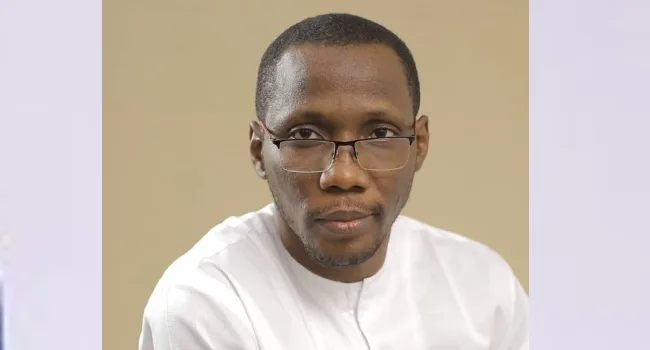The Department of State Services (DSS) has freed a journalist, Adejuwon Soyinka, hours after he was picked up at the Murtala Muhammed International Airport in Lagos.
As of the time of filing this report, the reason for Soyinka’s arrest early Sunday was unknown, as DSS spokesman Peter Afunanya had not responded to inquiries by one of our correspondents.
However, a source close to the former BBC Pidgin Editor confirmed his release to one of our correspondents.
The source, however, said the secret police seized Soyinka’s travel passport.
Soyinka, the Regional Editor of The Conversation Africa, was arrested around 5 am upon arrival at the Lagos airport from the United Kingdom.
Crackdown on journalists
Soyinka’s ordeal followed those of other journalists like Daniel Ojukwu and Segun Olatunji, who spent weeks in the custody of state-sponsored security agents, a development that professional bodies Nigeria Union of Journalists (NUJ) and the International Press Institute (IPI Nigeria) have described as an ugly trend.
The arbitrary arrest of journalists by the President Bola Tinubu administration has been criticised by many civil society organisations and pro-democracy activists who expressed strong resentment over the unsavoury development.
They described the Gestapo-styled arrest of journalists by state security agents as an echo from the past, and a prominent feature of the dark years of military rule. They said the ugly development impugned press freedom 25 years after Nigeria transitioned from dictatorial rule to democratic governance.
Earlier on Sunday, before Soyinka’s release, global rights group Amnesty International demanded the immediate release of the journalist.
“The Nigerian authorities must immediately and unconditionally release journalist Juwon Soyinka, who was arrested by the Dept. of State Services (DSS) early today at Lagos airport. The manner of his arrest puts him at the risk of torture and other ill-treatment,” the group wrote on X (formerly Twitter).
Also, the Socio-Economic Rights and Accountability Project (SERAP) said the current “administration must end the persecution of journalists simply for doing their job”.
“We’re concerned that Soyinka’s arrest is part of a growing crackdown against journalists, whistleblowers and human rights defenders in Nigeria.
“The harassment and intimidation of journalists and whistleblowers shows that the Tinubu administration is intolerant of peaceful dissent. This is entirely incompatible with democratic principles and the rule of law.”


